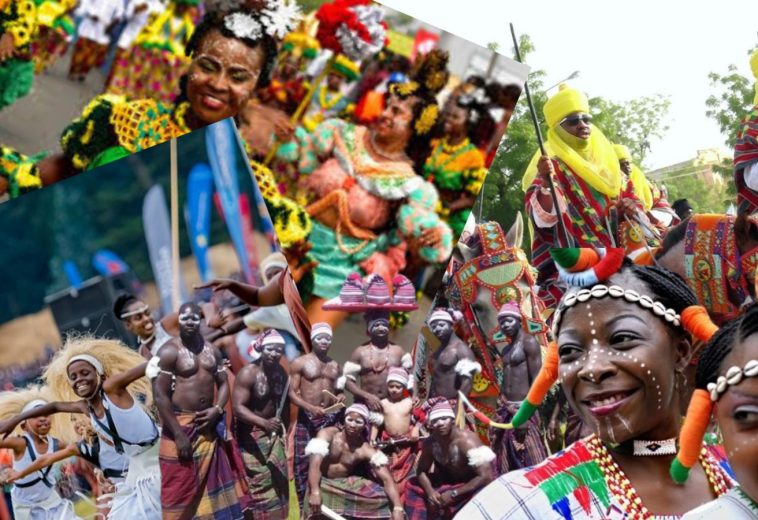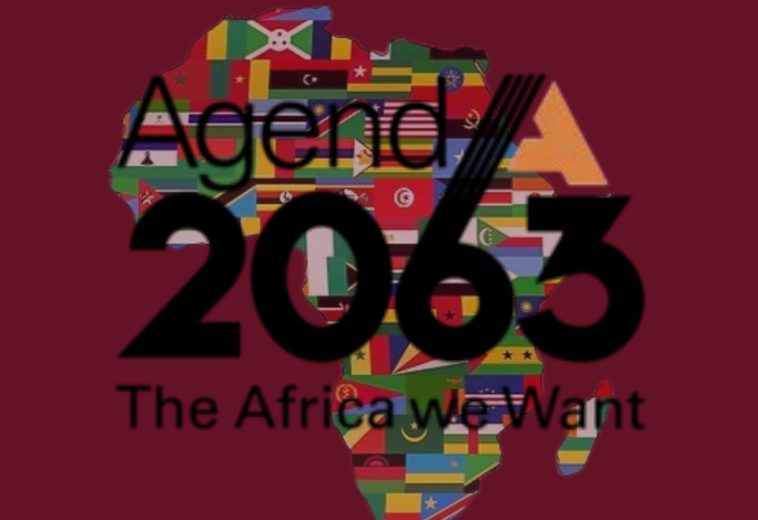The illicit drug trade in Africa has been a major issue for decades, with its roots tracing back to the early 20th century. Initially, the continent was primarily a transit zone for drugs being smuggled from South America and Asia to Europe. However, with increasing local demand and a burgeoning drug production network, Africa’s role has expanded. The collapse of certain regimes and conflicts in the late 20th century further facilitated drug trafficking, as law enforcement and border controls weakened.
Africa’s drug crisis involves various narcotics such as cocaine, heroin, methamphetamine, and cannabis. According to the United Nations Office on Drugs and Crime (UNODC), approximately 28 million people in Africa used drugs in 2019, with a significant number suffering from drug use disorders. UNODC reported a rise in cocaine seizures in West Africa, indicating increased trafficking activity.
African governments have implemented various strategies to combat the drug trade. These include stricter drug laws, enhanced border controls, and increased law enforcement efforts. For instance, Nigeria has established the National Drug Law Enforcement Agency (NDLEA) to address drug trafficking and abuse.
The drug trade’s impact on African societies is profound. Health issues, including increased drug addiction and related diseases, are a significant concern. The trade also exacerbates crime rates, with drug-related violence and gang activities becoming more prevalent. Economically, the drug trade undermines legitimate businesses and fosters corruption, diverting resources from essential services.
Communities bear the brunt of these impacts, experiencing social breakdowns, increased violence, and a general deterioration in quality of life. Families are often torn apart by addiction and the associated criminal activities. These government institutions work collaboratively to regulate and mitigate the trade and use of illicit drugs through various initiatives, including law enforcement, policy formulation, public health initiatives, and international cooperation.
1. The African Union (AU)
The African Union (AU) has been at the forefront of addressing the issue of illicit drug trade across the continent. With efforts that have contributed to increased seizures of illicit drugs; over 100 tons of cocaine and heroin were intercepted between 2017 and 2021.
Key Initiatives:
- AU Plan of Action on Drug Control (2019-2023): Focuses on reducing the supply and demand for illicit drugs, improving access to treatment and rehabilitation, and enhancing the capacity of member states to combat drug trafficking.
- African Union Commission on Drug Control and Crime Prevention: Works to harmonize drug policies across member states and promote best practices in drug control.
2. The Economic Community of West African States (ECOWAS)
ECOWAS plays a critical role in combating drug trafficking in West Africa, a region that has become a major transit point for cocaine and heroin. Member states have significantly increased drug seizures, with Ghana, Nigeria, and Cape Verde being key players in intercepting illicit shipments. The ECOWAS Regional Action Plan on Drug Trafficking and Organized Crime has been pivotal in addressing these challenges.
Key Initiatives:
- ECOWAS Regional Action Plan on Drug Trafficking and Organized Crime (2016-2020): Focuses on strengthening legal frameworks, enhancing law enforcement capabilities, and promoting regional cooperation.
- West Africa Commission on Drugs (WACD): An independent body established to mobilize political support and recommend strategies for addressing drug-related issues in West Africa. A report by the WACD estimated that drug trafficking generates approximately $1.25 billion annually in West Africa.
3. The Southern African Development Community (SADC)
The UNODC’s 2021 Africa Drug Report highlights that Southern Africa has become a significant transit route for methamphetamines and cannabis. The SADC has facilitated numerous capacity-building workshops and established drug control centers to enhance regional response.
4. Drug Law Enforcement Agencies
Individual African countries have established national agencies to tackle the illicit drug trade within their borders. Some examples include Nigeria’s National Drug Law Enforcement Agency (NDLEA), South Africa’s Directorate for Priority Crime Investigation, and Kenya’s Anti-Narcotics Unit (ANU).
Botswana
Botswana has established a new Drug Enforcement Agency (DEA) under the Ministry of Defense and Security to tackle the growing issues of drug trafficking and abuse. The DEA is focusing on youth, prevention, and rehabilitation, in partnership with the Ministry of Health in Botswana.
Zambia
The Drug Enforcement Commission (DEC) in Zambia continues to emphasize drug prevention and rehabilitation, particularly targeting youth, who are the most vulnerable to drug consumption. The DEC, along with the Ministry of Home Affairs and Internal Security has organized events supported by the UNODC ROSAF Regional Representative to enhance awareness and prevention efforts.
Zimbabwe
Zimbabwe has launched the Zimbabwe National Drug Master Plan (2020-2025) to provide a comprehensive approach to substance use. Civil society organizations, including The Accountability Lab Zimbabwe (ALZ) and the Zimbabwe Civil Liberties and Drug Network (ZCLDN) have organized a Policy Dialogue on drug use and the National Drug Master Plan, with participation from various stakeholders including the UN Zimbabwe Resident Coordinator and Parliament.
South Africa
South Africa’s Department of Social Development is focused on ensuring equitable access to drug prevention and treatment services for all individuals, promoting prevention, education, and compassion.
Mozambique
Mozambique is implementing the Maputo Roadmap, developed by the UNODC and the National Drug Control Agency, which focuses on policy development and technical assistance.


